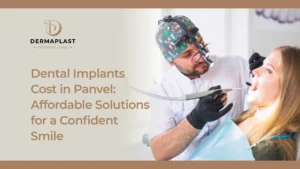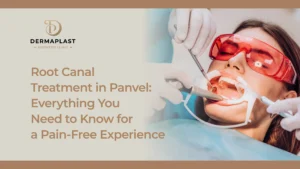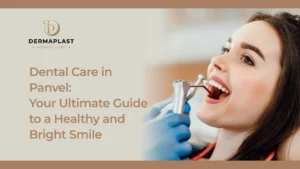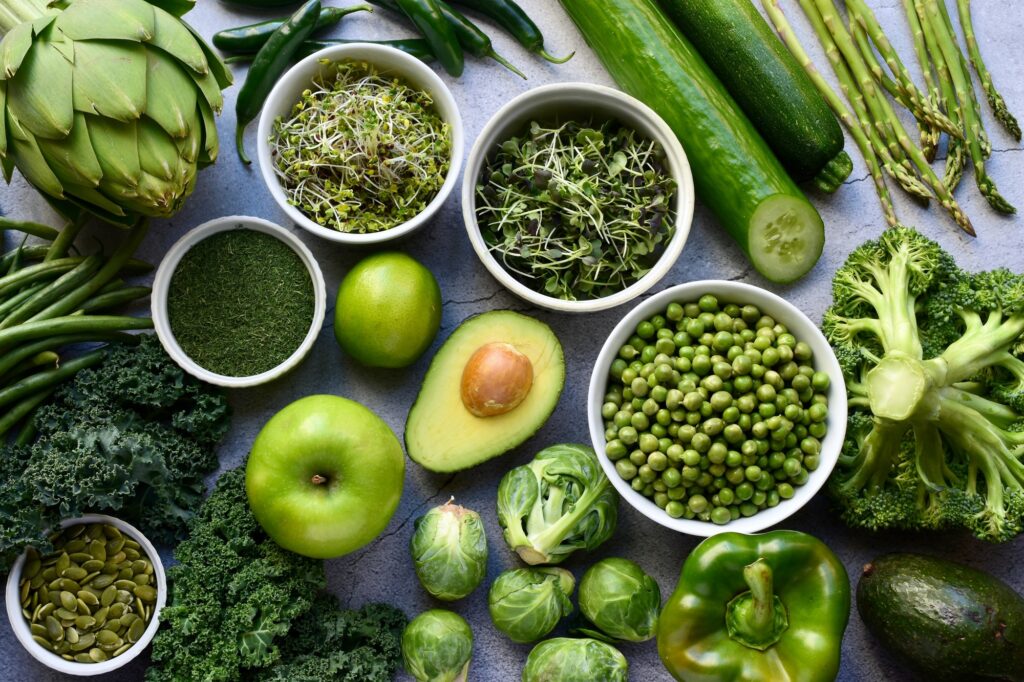Which Vitamins are good for hair loss?
Hair cells are some of the body’s most active, so they need a good supply of most of the main vitamins and minerals which are part of a healthy diet. The nutrients which are most important to supporting healthy hair growth include zinc, iron, biotin, and vitamins D and C.
However, a severe lack of almost any essential nutrient will be detrimental to hair growth.
Physiological effects of vitamin deficiencies
The body needs vitamins and minerals for almost every important function. Therefore, vitamin deficiencies prevent the body working as it should.
The effects of vitamin and mineral deficiencies are almost limitless. They include hair loss, bad skin, loss of energy, bleeding gums, poor eyesight, and in the most severe cases, serious illness and even death.
It is essential to make sure that the body is supplied with enough nutrients to fully function.
Vitamin D
There is a proven link between vitamin D levels and hair loss. Alopecia areata is an auto-immune condition in which the immune system attacks hair follicles. The body needs vitamin D to maintain the functioning of a healthy auto immune system.
Vitamin D is also needed in hair production. It is an important component of the protein keratin,f found in the hair nails and skin. The production of keratin in the skin cells that are responsible for is requires a good supply of vitamin D. If this is not forthcoming, the result can be thinning hair or hair shedding.
Zinc
The body needs zinc to produce hormones, cells, and proteins. A lack of zinc can result in a weaking of the hair follicles, meaning that the hair produced is weak and can easily fall out.
On the other hand, too much zinc can also be bad for the body as it interferes with the absorption of other minerals. Also, it can lead to the overproduction of testosterone. High levels of testosterone are associated with male pattern baldness, so the effect on hair health can be negative.
As with all nutritional requirements, everything should be in balance. Too much of something can be nearly as bad as not enough.
Vitamin C
One of the most important components of hair is the protein collagen. In fact, it is not just present in hair but throughout the body as it is the most plentiful protein in the body.
Vitamin C is an essential building block for collagen, so a vitamin C deficit has all kind of negative symptoms. Impaired hair growth is one of them.
Vitamin C also plays a useful role in anti-ageing. This effect is not limited to the hair, but most people see their hair thin as they get older, so a good balance of vitamin C is helpful for keeping the body young and thus promoting strong hair growth.
Iron
Iron is the key ingredient for hemoglobin. Hemoglobin is the part of the red blood cells which allow them to carry oxygen to the different parts of the body.
Hair follicles need lots of oxygen to produce hair, so an iron deficiency means they are not adequately supplied. This can cause them to shut down, in a patter that resembles genetic hair loss.
Some patients’ hair loss, which they believe to be genetic, can actually be reversed with treatment for iron deficiency.
Vitamin B
There are several types of vitamin B. B12, also known as cobalamin, is another key part of the red blood cell production process. A vitamin B12 deficiency can mean there are fewer red blood cells than usual, otherwise called anemia.
Anemia has many symptoms, such as lack of energy, tinnitus and loss of appetite, but if the blood cannot deliver enough oxygen to the hair then it may thin, grey, or shed.
Another type of vitamin B that affects healthy hair growth is B9, otherwise known as folic acid. It plays a role in energy generation and the metabolism which is essential to hair growth.
Which products keep hair well-nourished?
Although there are many products, such as shampoos and creams, which claim to nourish your hair, few of these have been medically reviewed and proven to work. There is considerable doubt as to whether nutrients can enter hair and hair follicles in any meaningful way from the outside.
Some people benefit from taking dietary supplements. Vitamin D supplements are now widely recommended by doctors. There is more controversy about other types of vitamin and mineral supplements.
Few hair growth supplements have been proven to be effective by clinical studies. This is not to say that they do not work, but there has not been enough study to prove it one way or the other.
Sometimes supplements can be actively harmful as an excess of a nutrient can also be damaging, or they may clash with other medications. Always consult with a doctor before taking any major course of supplements, as they can have side effects.
Which diet is helpful for a good head of hair?
A much better approach is to make sure that the hairs and hair follicles are well-nourished from below. This means making sure that your diet contains enough of all the nutrients that you need.
Eggs are a very good source of many of the nutrients important to hair growth, amongst which are zinc, and various proteins. Nuts and seeds are also a good source of protein for those who do not eat much meat.
Fish is full of vitamins D and B and has many other oils and proteins which are useful to the body. A diet full of vegetables such as potatoes, legumes and other leafy greens is likely to provide the body with enough nutrients to function well.
If you are intrigued and want to know more about Hair Transplant, call us now to fix an appointment with our hair experts who will assist in clearing your doubts and give you a personalized plan for the hair transplant procedure.
Call us now @ +91 81085 71050 for Hair Transplant in Panvel.

